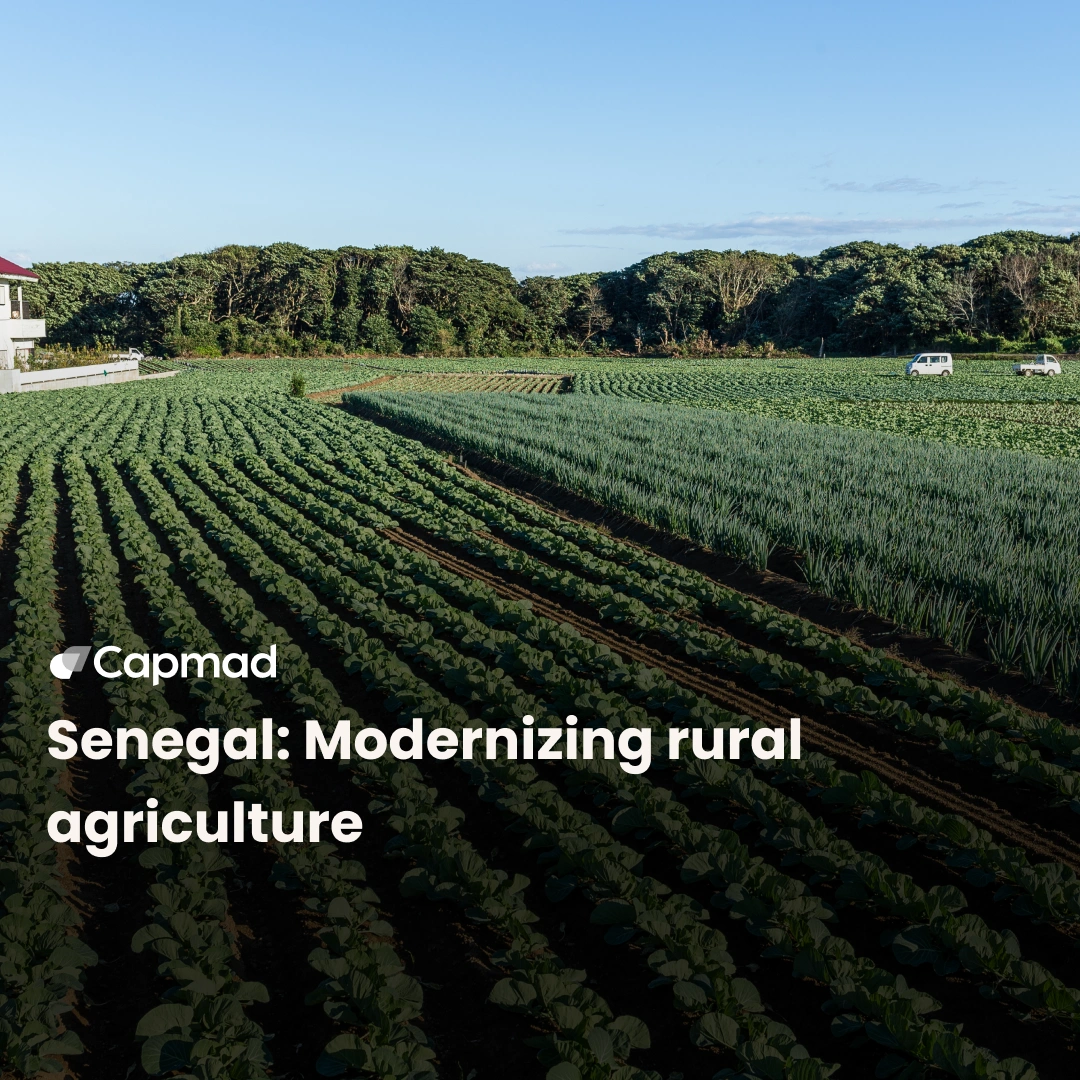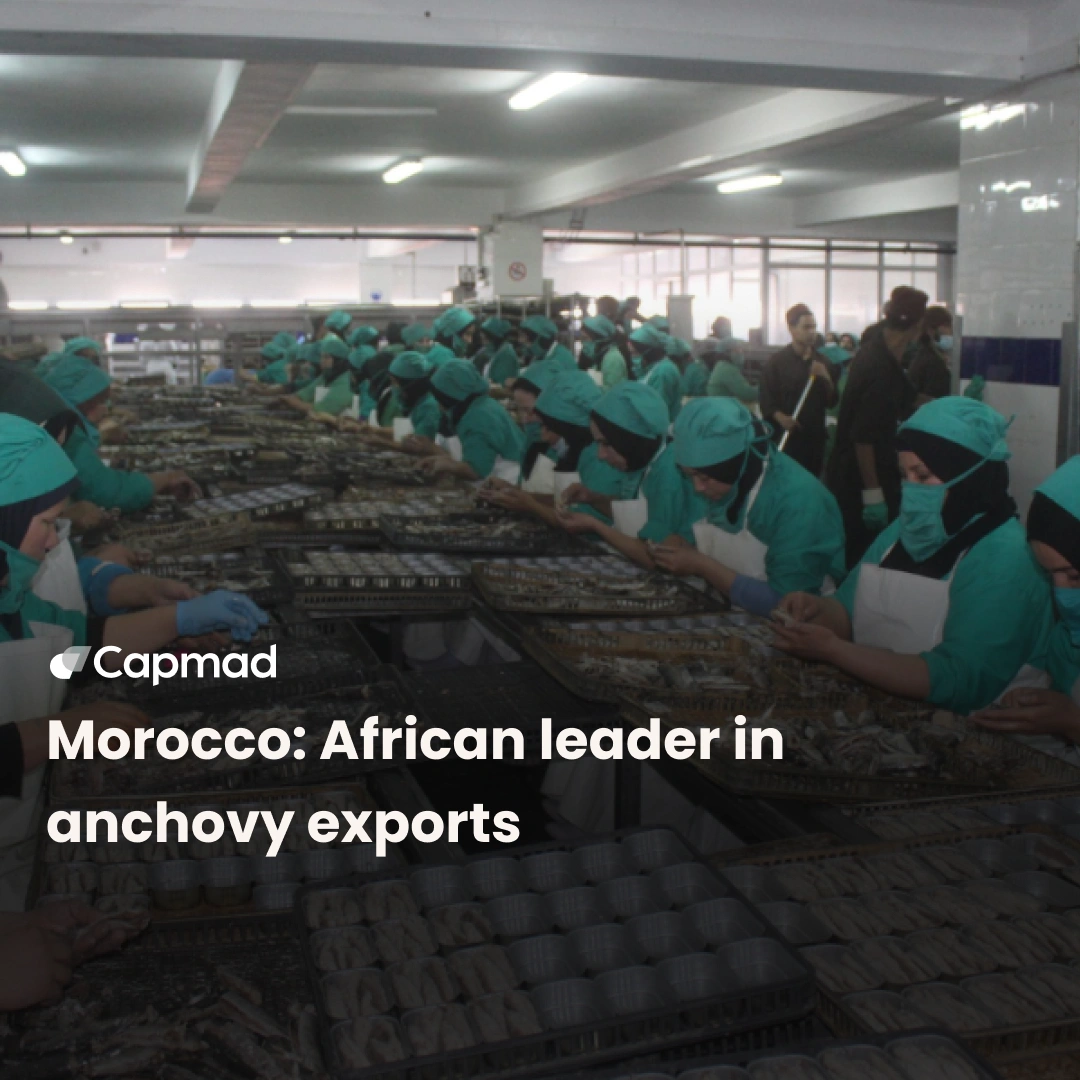Although the price of honey varies significantly across African regions, apiculture remains a promising sector for investment.
Sustainable alternative for the economy
Honey cultivation in Africa contributes to preserving natural resources, including flora, forestry, and agriculture. This « green » product also offers a potential alternative for diversifying exports while ensuring a reduced impact the sugar agricultural sector on the ecosystem. For instance, in 2022, the 100 % eco-friendly apiculture project helped Benin address deforestation, primarily caused by bushfires. The beekeeping industry becomes more lucrative than forestry exploitation through cashew tree planting and honey production.
A key activity in some African countries, the apiculture sector has allowed many communities to supplement their incomes. Indeed, beekeeping generates additional income and a source of livelihood for rural communities in certain African countries. For example, major honey markets substantially benefit households in at least eight states in Nigeria. Similarly, as mentioned earlier in Benin, the project enabled 60 beekeepers in the central and northern regions of the country to improve their incomes.
Due to its benefits, various government and non-governmental organizations support the development of this sector in Africa. In September 2021, the European Union (EU), in partnership with the Belgian Development Agency (ENABLE), supported Tanzania’s apiculture sector with an investment of 11 million USD. The EU also funds a program by the United Nations Conference on Trade and Development (UNCTAD) to develop Angola’s apiculture sector, aiming to diversify its economy, which is currently heavily reliant on fossil fuel extraction, representing 90 % of the country’s exports.
Potential of the apiculture sector
The price of African honey is negotiated based on its origin and quality and has seen notable growth over the years. In 2021, Egypt dominated the African honey market with export revenue of 8.6 million USD, followed closely by South Africa with 3.36 million USD and Zambia with 3.8 million USD. Tanzanian honey, with export revenue of 2.4 million USD, also ranks among the African countries with strong potential in the apiculture sector.
In 2021, the African honey industry demonstrated remarkable economic potential with a total revenue of 20 million USD. In Southern Africa, this value reaches 6.93 million USD, with 51.5 % attributed to South Africa. Hence, from 2017 to 2022, the price of South African honey fluctuated between 4.08 USD and 5.45 USD per kilogram.
Its value recorded an annual growth of 10.6 % from 2017 to 2018, followed by a 16.2 % decline the following year. In 2020, its export price decreased slightly by 4.7 % before experiencing a 21.1 % increase in 2021. Since then, the price has continued to rise, reaching 5.45 USD, representing a 10.3 % increase in 2022. Based on this trend, the forecast for the export cost per kilogram of natural South African honey is expected to reach 5.90 USD in 2023 and 6.37 USD in 2024.
Promoting women’s professional inclusion
Nonetheless, in 2022, the honey drought in Morocco led to a 10 % decrease in the yield compared to the previous production. Indeed, climate change continues to wreak havoc throughout Africa, impacting the local economy, including the apiculture sector. To address this, the Moroccan government allocated 16.4 million USD through a program by the Ministry of Agriculture in collaboration with the National Office of Food Safety. Faced with the same challenge, Maasai women from livestock-rearing communities in northern Tanzania turned to honey harvesting to improve their financial situation.
Once predominantly practiced by men, honey cultivation in Angola and Tanzania now involves more women. While apiculture provides a substantial income, the lack of equipment, protection, and other challenges hinder the development of this sector. In addition to the gradual decline in the number of beehives, exposure to risks, including bee stings, causes inflammations and joint pains.
Fortunately, various partnerships between intergovernmental organizations support the African apiculture sector, which is particularly beneficial for women and youth. In 2020, the Forest and Farm Facility, in collaboration with FAO, the International Union for Conservation of Nature, and the International Institute for Environment and Development, launched a training program benefiting Tanzanian beekeepers.
In May 2023, as part of a program funded by the EU, UNCTAD, and the José Eduardo dos Santos University, in partnership with the Angolan government, launched a training program on harnessing the potential of honey. Teresa Moreira, Head of UNCTAD’s International Trade Division, emphasized that modernization will significantly increase honey production in Africa to meet international standards. The project has created sustainable opportunities in rural communities and, more importantly, promoted the professional inclusion of women. This initiative, aimed at strengthening women’s autonomy, assigns them a prominent role in the local economy and communities.








